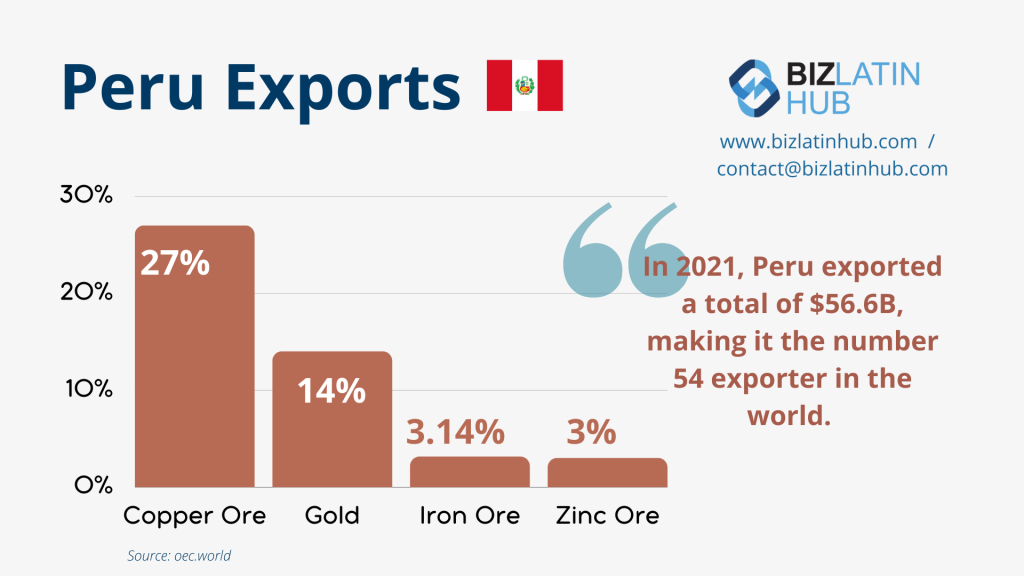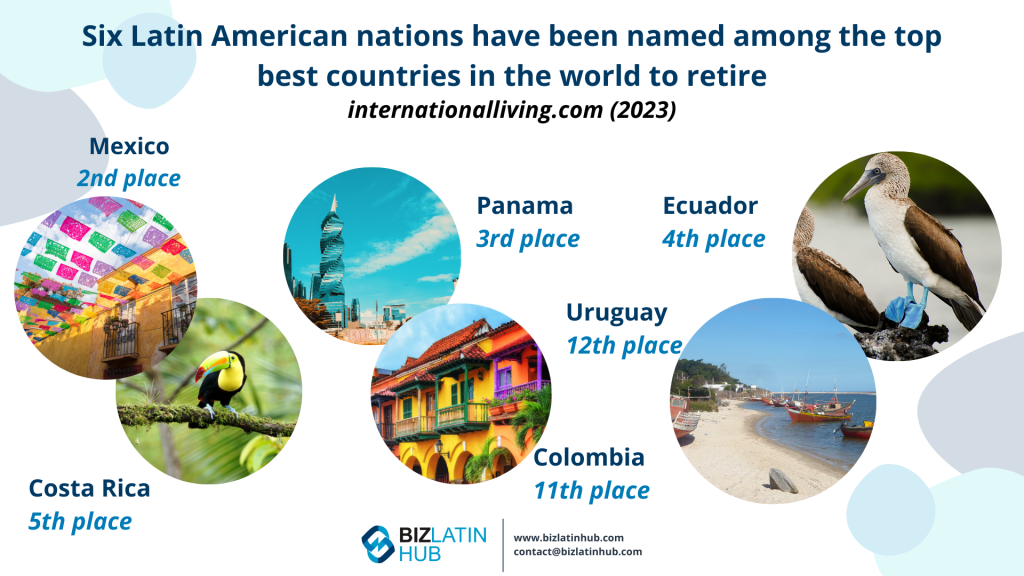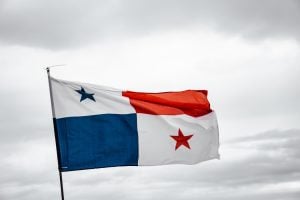The visa process in a new country can be confusing and tedious. Therefore, expats arriving to a new country are strongly encouraged to ask for advice from a professional immigration lawyer in regards to visa services or changes to Peruvian immigration laws. Here, we provide a simple guide to visa types in Peru.
While the local laws mainly follow international norms, there are a few specific differences to be aware of, which is why it makes sense to partner with a local specialist. Someone who knows about the various different visa types in Peru and how they work will be invaluable in this process.
At Biz Latin Hub we are experts on the visa types in Peru and can guide you through the process from start to finish as well as advise on the best option for your situation. However, that’s not all. We can help you to incorporate a company in Peru and our array of back office services can make sure you stay compliant and completely above board.
Peru Visa Guide – Business Visas in Peru
The Peruvian Business visa is a single entry visa that lasts up to 90 days and is issued by your country’s Peruvian Embassy. It takes up to four days for this type of visa to be issued, but expats can pay a higher fee and get their business visa in only one day. Aside from the application fee, applicants are required to submit the following documents:
- Two passport size photographs
- Contract photocopy
- Valid passport
- Recent bank statement
- Business reference letters
- Proof of two-way ticket airline reservation

Peruvian Working Visas
This working visa is also known as a Foreign Resident ID Card and is issued to expats with an employment contract in Peru. The employment contract would need to be for a minimum of (1) year and this working visa does of course give you the right to work in Peru. Working visas are issued by the Peruvian General Directorate of Immigration and Naturalization (DIGEMIN for its acronym in Spanish) and expats can only apply to them once they are in the country with either a tourist or a business visa. Applicants are required to submit the following documents translated to Spanish by a certified translator:
- Processing fee proof of payment
- Passport photocopy
- Employment contract signed by the company and authenticated by either a notary public or the DIGEMIN
Immigrant Visas in Peru
Expats may apply for a Peruvian immigrant visa after holding a Foreign Resident ID card for two years and not having spent three consecutive months or six intermittent months outside Peru. This visa, which does not expire, may be issued by your country’s Peruvian Embassy or the DIGEMIN and takes up to 8 weeks to be processed. Applicants are required to submit the following documents translated to Spanish by a certified translator:
- Passport photocopy
- Foreign Resident ID Card photocopy
- Certificate of entries and exits from the country
- International Police background check
- First and most recent proof of income
Investor Visas in Peru
A Peruvian Investor Visa can be granted if you decide to invest USD$30,000 into an existing Peruvian company or one that you have set up for yourself. An investor’s visa is valid for (1) year, but DOES NOT give you the right to work in Peru. Here you must also consider that you would need to present a business plan from the company you are investing in and this company must guarantee to employ (5) local staff within the first year of business.
- Passport photocopy
- Online non-immigrant Visa Application
- Photo
Independent Professional Visas in Peru
If you have a profession and are a member of a professional body, then you could look to obtain a Peruvian Independent Professional Visa to work as an independent professional (freelancer). This gives you the right to work in Peru as an independent, but not to be employed under a contract. Depending on the profession, this visa can be difficult and very time consuming to obtain due to the assessments that need to be performed.
- Passport photocopy
- International Police background check
- Processing fee proof of payment

Peruvian Retirement Visas
Peruvian retirement visas are issued to expats who can prove a minimum monthly income of USD$1000 coming from outside of Peru. This permanent visa allows expats to live in Peru without working and some benefits include not paying a foreign tax and being able to import personal items (except cars) into Peru tax-free.
This visa is for (1) year, but does not give the right to work in Peru. In addition, expats may apply for citizenship after two years of holding a retirement visa. Applicants are required to submit the following documents translated to Spanish by a certified translator:
- Passport photocopy
- Pension or social security letter notarized by the home country and legalized by a Peruvian Consulate
- International Police background check
FAQs on visa types in Peru
If you spend 365 or more days continuously outside of the territory you will lose your residency unless you apply for a special leave permit or have other unusual circumstances.
This is a one year visa, and after three years of these visas (dependent or independent) you can transition to a permanent resident work visa.
It depends on various factors, but we recommend leaving as long as two months to be on the safe side.
The company must be registered with SUNAT and be established in Peru.
Yes, as long as you do not spend more than 365 continuous days outside of the territory.
Yes, although for them to remain in the country you may have to consider a family and/or marriage visa plus dependency clauses.
Biz Latin Hub can help with all visa types in Peru
To do businesses in Peru, there are many types of visas to choose from. Obtaining a business visa can be complex, especially in an unknown environment. Make sure to connect with a local immigration expert to coordinate your transition into Peru.
At Biz Latin Hub, our team of local and expatriate professionals in Peru can support this process to ensure you are in full compliance with the local law. As a market leader for corporate immigration, legal, and accounting services in Latin America, we are your point of contact for multilingual market entry, exit, and back-office services.
Contact our specialists in Peru for a personalized visa strategy and legal support.
Learn more about our team and expert authors.






